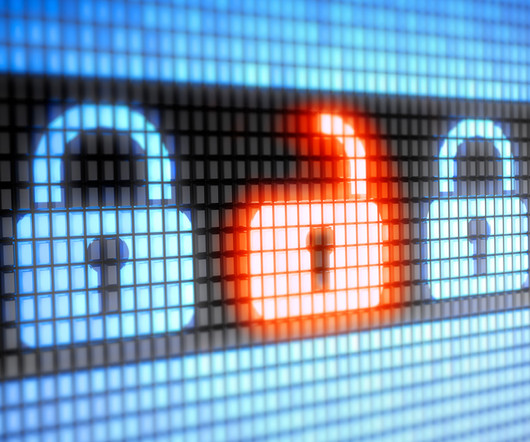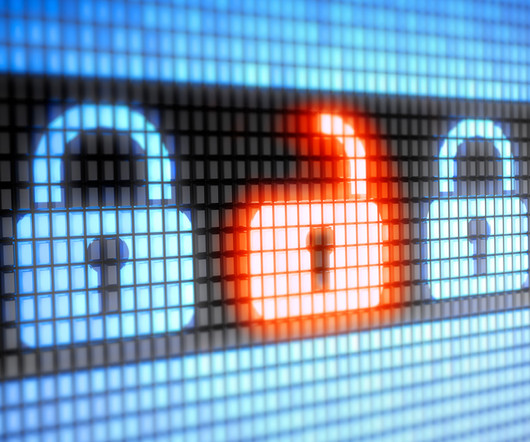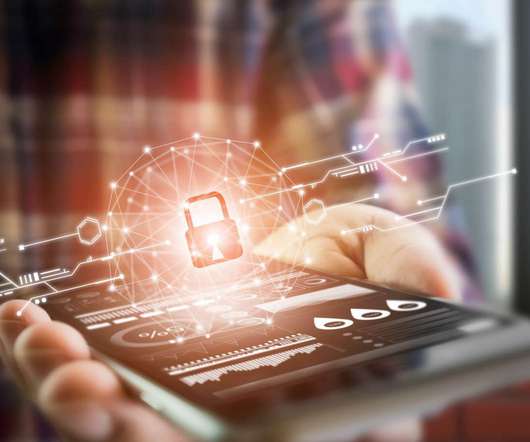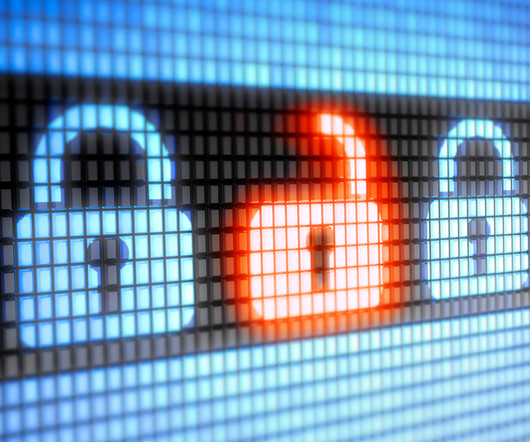The role of cybersecurity in financial institutions -protecting against evolving threats
CyberSecurity Insiders
JUNE 1, 2023
Cybersecurity is practice of protecting information technology (IT) infrastructure assets such as computers, networks, mobile devices, servers, hardware, software, and data (personal & financial) against attacks, breaches and unauthorised access. Sometimes theft of PII can lead to identity theft too.











Let's personalize your content